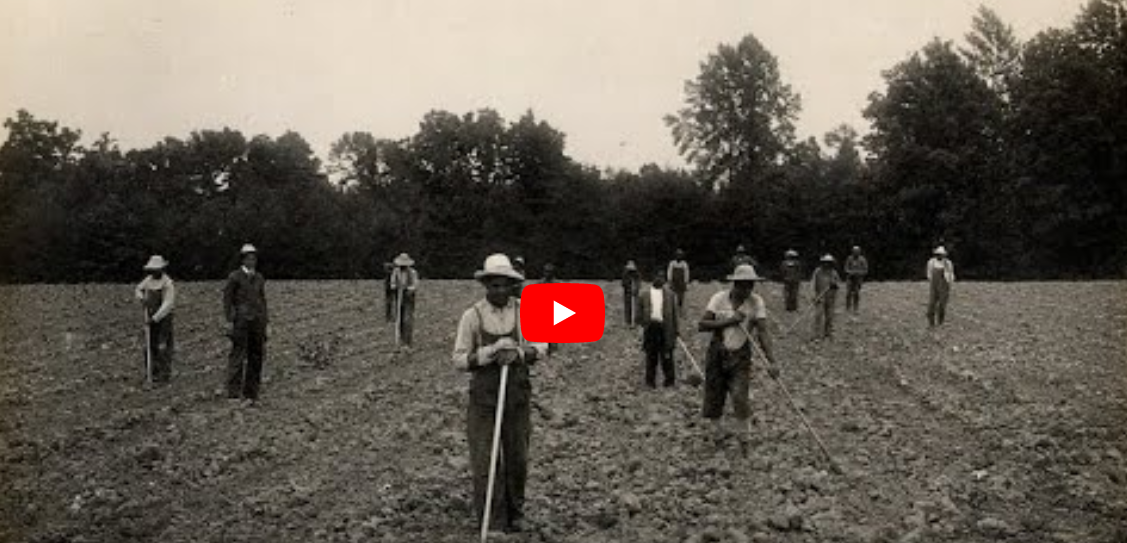Postvention activists refine issues in 2024
This issue’s focus: Men’s work in the field
From us to every survivor who reads this news update, we hope this new year finds you well and thriving.
First send condolences to the families and friend groups of two amazing people. Chet Little was an early developer of suicide loss survivor services in Western Colorado. He served his community for decades, always holding the door open to suffering families. Kim Ruocco was a devoted advocate for loss survivor care in the American armed forces They are now, as we say in the rooms, on angel’s wings.
We find hope in the people and projects who work to improve the lives of survivors across the spectrum.
Men’s health month is not until June, but men are doing and saying such amazing things in the postvention world that we decided to celebrate early.
Body + Brain
“Compared to women, men go less frequently to the doctor’s and consistently report less unmet health-care needs. Men across socioeconomic groups demonstrate unhealthier smoking practices, unhealthier dietary patterns, higher alcohol consumption levels and higher rates of injuries and interpersonal violence than women. Men’s risk-taking behaviours and under-use of services are consistent across many countries.” - World Health Organization
following the money
First is Tim Reierson, also known as holdspacefree on social media. Through close scientific inquiry, he challenges the presumption that American suicide prevention methodologies are safe and effective for people in crisis. Tim wants us to honor meaningful consent that recognizes vulnerability during crisis moments. He has pointed out how persons in crisis and the workers who answer are being exploited for their conversations as data.
There are many facets to Tim’s work, and it is too vast to distill into a short blog. However, below is a brief listing of some salient financial points we’ve observed which are related to his investigation of crisis line data gathering practices. The gist is simple, that America’s unregulated suicide prevention industry is a closed loop system that continues to run largely on unpaid emotional labor and harms the customer.
BY DIALING 988 CALLERS MAY UNKNOWINGLY BE PROVIDING
Financial gain to data collectors and subsequent data users
CRISIS LINE CALLS ARE CONNECTED WITH A CAPITALIZED INDUSTRY
Financial gain to data collection users
Employment for people who answer the call
Income for clinicians who accept referrals from crisis calls
Income for police responders if the call is referred for urgent response
Income for medical facility personnel if the call is referred to emergency care
Income for psychiatric facility personnel if the caller is successfully referred to treatment
Income for psychiatric facility personnel if the caller is institutionalized against their will.
Income for pharmaceutical companies that sell psychiatric medication
CRISIS LINE CALLERS ARE EXPOSED TO DIRECT FINANCIAL HARM THROUGH
Medical bills related to referred hospitalization
Loss wages due to being institutionalized against their will
Loss wages/no paid recovery leave from work
Fines in some states where a suicide attempt is still treated as a financial crime
Tim’s blog features his personal experience with being a volunteer crisis responder, his scholarship, and his personal experience as a crisis line volunteer.
Tim’s current focus is on organizing crisis lines workers.
spotlights on america’s for-profit prison
+ carceral mentaL health system
Our longtime advisor Arthur Apodaca wants us to be cognizant of how “parole and probation violations have an outsized effect on state prison populations.” Here readers can investigate the myriad of ways The Course Corrections Cost Calculator uses data. Soon to be released is the annual “More Community, Less Confinement report,” to show how simple changes in probation and parole outcomes can impact a state’s prison population and costs.
Readers might remember last June’s newsletter which highlighted Kenneth Levengood’s recovery work inside of prison. He’s been released and is working full time as a truck driver in northern Wyoming. He continues to write and share his thoughts on his progression on the other side of incarceration.
On a cold day in March of 1911, officials marched twelve Black men into the heart of a forest in Maryland. Under the supervision of a doctor, the men were forced to clear the land, pour cement, lay bricks, and harvest tobacco. When construction finished, they became the first twelve patients of the state’s Hospital for the Negro Insane.
Untreated medical conditions that can cause suicidal despair: psoriasis, influenza, elevated PSA, thyroid storm, dehydration, traumatic head injury, chronic pain, autoimmune disease, vitamin D deficiency, high fever, and others. Get those annual checkups! And in the presence of suicidal thinking, one’s first thought should be to see the doctor for a full physical.










